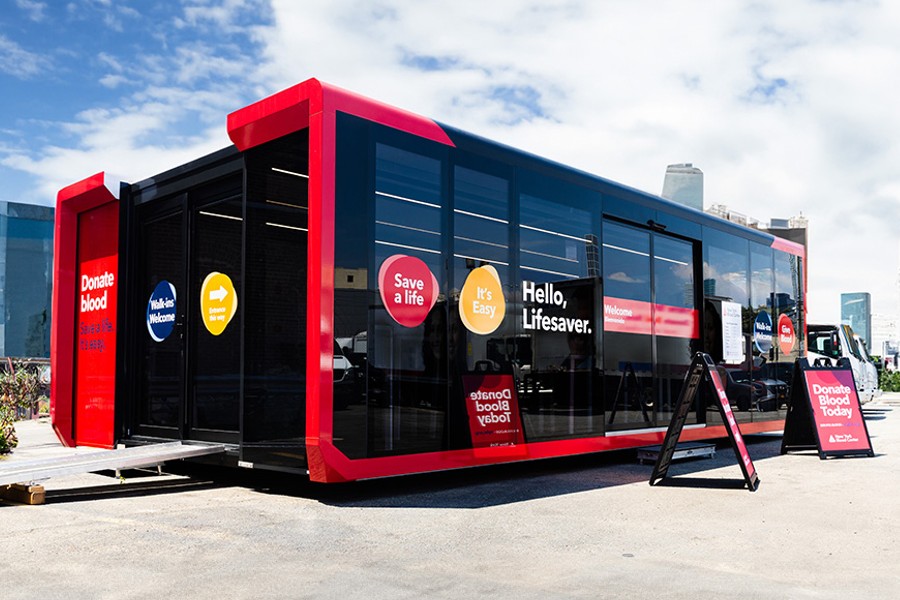
The aftermath of a car crash can result in a range of injuries, from minor bruises to severe, life-altering conditions.
Understanding how these accidents impact health is crucial for effective injury management and recovery. So read on to explore the various ways car crashes affect our health and explore strategies for managing injuries effectively. By shedding light on this topic, we hope to provide valuable insights that can aid both survivors and their loved ones in navigating the challenging path to recovery.
The Spectrum of Injuries
Car crashes can cause a wide spectrum of injuries, varying in severity depending on factors like speed, impact angle, and safety measures. Common injuries include whiplash, fractures, traumatic brain injuries, and spinal cord injuries. No matter the injury, in cases where liability is disputed or insurance negotiations become challenging, enlisting the assistance of a professional car accident attorney becomes essential to navigate the intricacies of the legal process effectively. Whiplash, a result of sudden jerking movements, can lead to neck pain, headaches, and stiffness.
- Fractures are often caused by the forceful impact of the collision, affecting bones throughout the body.
- Traumatic brain injuries and spinal cord injuries are among the most severe, potentially causing long-term disabilities.
Understanding the range of injuries and the importance of hiring legal assistance is the first step toward effective management.
Immediate and Delayed Effects
While some injuries are immediately apparent after a car crash, others might take time to manifest. Adrenaline and shock can mask pain, causing individuals to overlook injuries that may surface later. Internal bleeding, soft tissue damage, and concussions might not exhibit symptoms until hours or days after the accident. Seeking immediate medical attention and undergoing thorough examinations is crucial to identify hidden injuries and prevent long-term complications.
- Adrenaline and Shock: The surge of adrenaline and shock experienced during a car crash can temporarily suppress pain signals and mask injuries. This can create a misleading sense of well-being immediately after the accident, causing individuals to underestimate their injuries and delay seeking medical attention.
- Delayed Symptoms: Internal injuries, such as bleeding or organ damage, and soft tissue injuries like whiplash might not show immediate symptoms. It’s not uncommon for symptoms to manifest hours or even days after the crash, making it imperative to remain vigilant about any physical changes, discomfort, or pain that develops in the aftermath.
- Concussions and Brain Injuries: Concussions, a type of traumatic brain injury, might not display immediate signs. Symptoms like headaches, dizziness, confusion, and memory issues could emerge gradually, highlighting the importance of comprehensive medical evaluation to ensure brain injuries are identified and treated promptly.
Emotional and Psychological Impact
The repercussions of car crashes aren’t solely physical – they often have profound emotional and psychological effects. Survivors might experience post-traumatic stress disorder (PTSD), anxiety, depression, and even survivor’s guilt. The emotional toll can hinder the recovery process, affecting overall well-being. Mental health support, therapy, and counseling play a pivotal role in addressing these issues and aiding the recovery journey.
Strategies for Effective Injury Management
Managing car crash injuries effectively involves a multi-faceted approach. Physical therapy and rehabilitation programs help restore mobility and strength, aiding in the recovery of musculoskeletal injuries. For traumatic brain injuries, cognitive therapy and specialized treatments are vital. Emotional and psychological support, such as therapy and support groups, address the mental toll of the accident. Additionally, legal and financial considerations are essential to navigate insurance claims and cover medical expenses.
Preventive Measures and Safety Awareness
One of the most effective ways to manage the impact of car crashes on health is through prevention and safety awareness. Education about safe driving practices, the importance of seat belts, and the dangers of distracted or impaired driving can significantly reduce the occurrence of accidents. Advanced safety features in vehicles, such as airbags, collision avoidance systems, and lane departure warnings, contribute to minimizing the severity of injuries in the event of a crash. By prioritizing preventive measures and promoting a culture of responsible driving, we can collectively work towards reducing the toll of car crashes on public health.
Support Systems and Resilience
The journey to recovery after a car crash can be physically and emotionally demanding, requiring a strong support system and personal resilience. Friends, family, and support groups play a crucial role in providing encouragement, understanding, and a sense of belonging. Building resilience involves adapting positively to challenges and setbacks, focusing on strengths, and maintaining a hopeful outlook. Cultivating resilience not only aids in the recovery process but also empowers individuals to face adversity with determination and emerge stronger from the experience.
The impact on health extends beyond the physical realm, affecting emotional well-being, psychological state, and long-term considerations. By adopting a holistic approach that encompasses preventive measures, immediate injury management, and long-term health considerations, individuals can effectively mitigate the negative effects of car crashes. Support systems and personal resilience further contribute to navigating the challenges posed by these incidents.
- Wells Fargo Shares Economic Impact From Open For Business Fund
- Harlem Rallies For Kamala Harris: A Historic Gathering Of Black Women Leaders
- In Conversation With Ketanji Brown Jackson At The Apollo Theater In Harlem
- Chancellor David C. Banks Appoints Simone Hawkins As Deputy Chancellor For Early Education
- Vibrant Summer Styles Are Making A Comeback 2024
Become a Harlem Insider!
By submitting this form, you are consenting to receive marketing emails from: Harlem World Magazine, 2521 1/2 west 42nd street, Los Angeles, CA, 90008, https://www.harlemworldmagazine.com. You can revoke your consent to receive emails at any time by using the SafeUnsubscribe® link, found at the bottom of every email. Emails are serviced by Constant Contact









